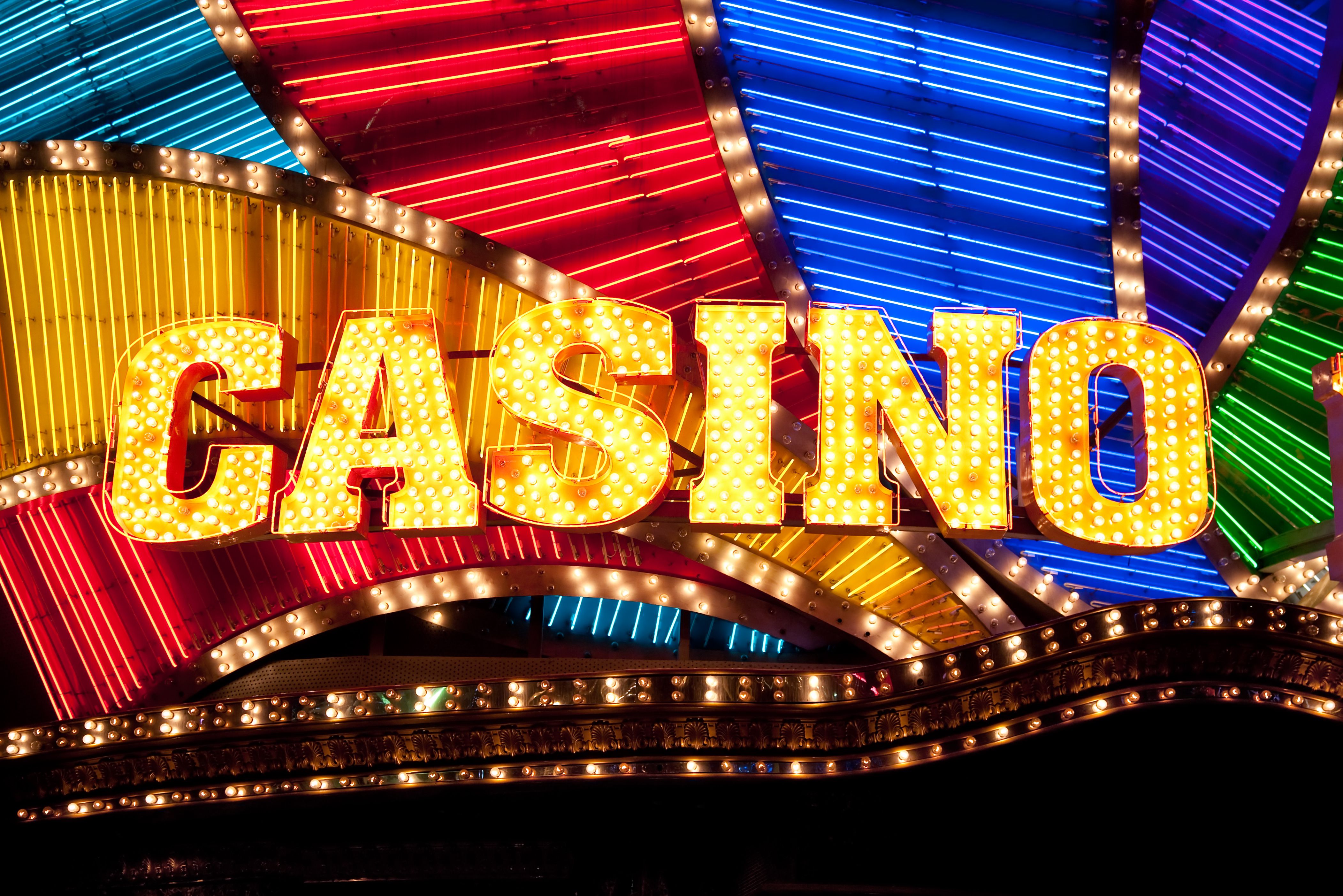
Casino games have long been a fascinating form of entertainment, drawing millions of players from different cultures around the globe. From the glitzy casinos of Vegas to the busy gambling halls of the Chinese gambling capital, these games serve as a common thread that connects people across different backgrounds. The allure of chance, strategy, and uncertainty entices not only those looking to strike it rich but also those seeking a sense of community.
The influence of casino games extends well beyond the gaming floor. They often represent the values and principles of the societies in which they thrive. Games such as seven-card stud, blackjack, and roulette have embedded themselves into the tapestry of mainstream culture, influencing various aspects from movies to clothing. As we explore this captivating intersection of luck and culture, we can comprehend better how casino games shape and are shaped by the environment surrounding us.
Historical Evolution of Gaming Activities
The beginnings of gambling activities can be traced back to historical civilizations, where gambling in various forms was widely performed. In China, around 2300 BC, a form of gambling known as Keno was common, while in old the Roman Empire, soldiers would frequently gamble on the outcomes of their contests. The concept of using randomness for amusement and gain developed over the ages, leading to the formation of more formal games. By the final Middle Ages, gambling houses initiated to emerge in the continent, notably in Italy, which presented early incarnations of well-liked activities still played today.
As betting expanded fame in European regions, the 17th and 18th centuries saw the emergence of casinos as specialized establishments for betting. The initial official gambling house, the Ridotto, was established in the Venetian city in the year 1638, offering games like Baccarat games and Faro. This period marked a major turning point, as gaming venues started to welcome not just the wealthy but also the growing middle-tier society. The sophistication of activities evolved, leading to the introduction of new regulations and variations that improved the experience of players. ga179 com
In the 19th century, the industrial revolution and transformations in social conventions additionally changed the environment of casino games. The launch of the game of roulette and modern gaming machines drew a more diverse clientele, and casinos became seen as legitimate recreation. This period witnessed the globalization of casino activities, as gambling houses extended from European nations to the Americas, culminating in the establishment of the legendary Las Vegas Boulevard in the 20th century. The development of gaming games has continued into the present day, integrating new technologies and digital services, rendering them available to a worldwide audience.
### Cultural Relevance across Diverse Cultures
Casino games have profound social significance in numerous societies around the world. Places like Las Vegas, the very fabric of the city is woven around gambling establishments, where gambling is not just a recreational activity but a fundamental aspect of social engagement and community interaction. The vivid lights and vibrant atmosphere attract millions, showcasing how gambling activities can influence local financial landscapes and cultural uniqueness. This surrounding transforms the notion of recreation into an immersive experience that influences apparel, sound, and even movies.
Conversely, some cultures view gambling with greater care, seeing it through the lens of ethical beliefs and heritage. For example, in various Eastern societies, games like Mahjongg and Pai Gow are full of history and possess significant social implications. These games are often played during gatherings and festivities, fostering community bonds and strengthening familial ties. The act of engaging in these games goes past mere entertainment, reflecting ethics such as respect for elders and the significance of communal fun.
Meanwhile, in European countries such as Monaco and Italy, casino games serve as symbols of opulence and elegance. The elegant atmosphere of these venues attracts both visitors and residents, maintaining a sense of prestige and rarity. The art of Texas Hold’em and the tactical components of games like baccarat are celebrated, molding interpersonal interactions and establishing an allure that captivates a varied audience. This emphasizes how gambling can concurrently reflect and mold societal views towards risk, reward, and community interaction.
Financial Influence and Travel Industry
Gambling activities play a important role in the economic landscape of many areas, particularly those that depend significantly on tourism. The revenue produced from gambling establishments fuels local financial systems, creating jobs not only within the casinos but also but also in related sectors such as hospitality, dining, and recreation. This influx of tourists, drawn by the allure of games and the overall gaming environment, stimulates expenditure across multiple businesses, contributing to the economic vitality of the area.
The presence of casinos often leads to the development of facilities, including lodging, transportation systems, and leisure amenities. These improvements are essential in improving the overall tourist experience, making destinations more appealing to visitors. Additionally, many casinos contribute in local communities through support of activities and charitable initiatives, further embedding themselves into the community structure of the locality. Such investment not only supports economic growth but also fosters a positive image of the casino industry.
In addition, the worldwide appeal of casino games drives competitive tourism, with regions vying to attract gamblers from around the world. Iconic destinations like Las Vegas and Macau have become identifiable with gambling culture, drawing millions annually. This advantage encourages creativity and variety within the gaming industry, influencing trends in leisure and accommodation that resonate beyond their limits. The ripple effects of this visitor influx extend far, impacting local financial health and cultural exchanges on a global scale.